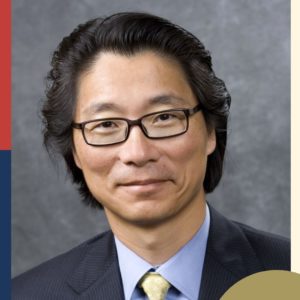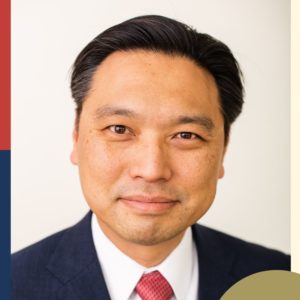Authored by a leading scholar and U.C. Berkeley Professor, Dr. Taeku Lee, this analysis presents relevant insights from national surveys and quantitative works that reveal the Korean American community’s current standing.
“In addition to detailing the progress and challenges of the community, this important research highlights the critical areas that Korean Americans need to work more intentionally to address, such as actively building bridges with other racial groups and encouraging fellow members to be more civically engaged.”
– Abraham Kim, CKA Executive Director
“This comprehensive report draws from recent data research and provides a snapshot of the accomplishments, challenges, and complex dynamics that impact Korean Americans today.”
– Dr. Taeku Lee of UC Berkeley, Report Author
“In addition to detailing the progress and challenges of the community, this important research highlights the critical areas that Korean Americans need to work more intentionally to address, such as actively building bridges with other racial groups and encouraging fellow members to be more civically engaged.”
– Abraham Kim, CKA Executive Director
Current State of the Korean American Community

Approximately 2 million Korean Americans live in the U.S.; however, growth is slowing, and the population is becoming more geographically dispersed.
According to the 2010 Census, Korean Americans are currently the fifth largest AAPI group at approximately 10 percent of the AAPI population.
According to the Pew Research Center, the undocumented Korean American population is estimated to be roughly 150,000.

Seventy-one percent of the Korean American population was born outside of the United States, and 74 percent of the Korean American population report speaking Korean at home.

Approximately Fifty-eight percent of Korean Americans have achieved a bachelor’s degree or higher––more than the national average, as well as the average for Asian Americans as a whole, at 55 percent. Nearly 23 percent of Korean Americans hold a graduate degree than the national average of 13 percent.
The median household income of Korean Americans is higher than the national average. However, Korean Americans’ average personal income consistently falls behind the national average at every education level.
The Korean American community suffers from severe economic inequality and wealth disparity. The economic distribution curve is U-shaped— a large group of individuals with high levels of wealth on the one end and a significant portion of the population close to or at poverty levels on the other.

Before the 2010 Affordable Care Act (ACA), Korean Americans were twice as likely to be without health insurance coverage as the national average. If not for the ACA, nearly one out of three Korean Americans would be uninsured.
Eighty-eight percent of Korean Americans report experiencing at least some type of microaggression monthly. Among AAPI groups, Korean Americans are most likely to perceive discrimination against their community as a significant problem.

Korean Americans have voted consistently and solidly in favor of Democratic candidates recently: 70 percent in 2012, 63 percent in 2014, 68 percent in 2016, and 73 percent in 2018.


